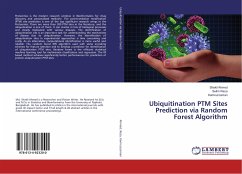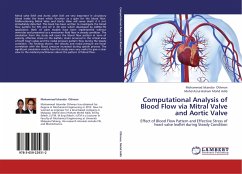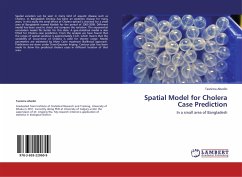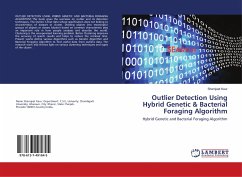Proteomics is the modern research window in Bioinformatics for drug discovery and personalized medicine. The post-translation modification (PTM) site prediction is one of the top significant research wings in the Proteomics. There are more than 200 PTM sites in the literature, and the ubiquitination is one of them. It can involve in lots of biological processes and closely implicated with various diseases. The identification of ubiquitination site is an important task for understanding the mechanisms of disease due to ubiquitination. However, the identification of ubiquitination sites in experimental approaches is time consuming and costly. As an alternative, computational identification is more useful and reliable. The random forest (RF) algorithm used with some encoding schemes for feature selection and to develop a predictor for identification of ubiquitination PTM sites. Random forest is the efficient statistical machine learning tool for multivariate classification and regression. The RF based method achieves significantly better performances for prediction of protein ubiquitination PTM sites.
Bitte wählen Sie Ihr Anliegen aus.
Rechnungen
Retourenschein anfordern
Bestellstatus
Storno








